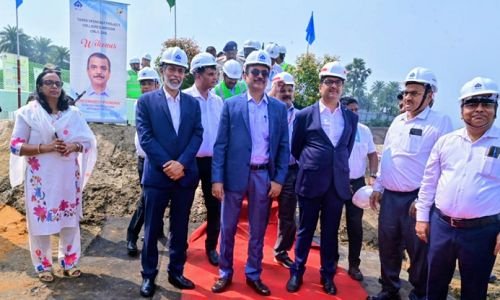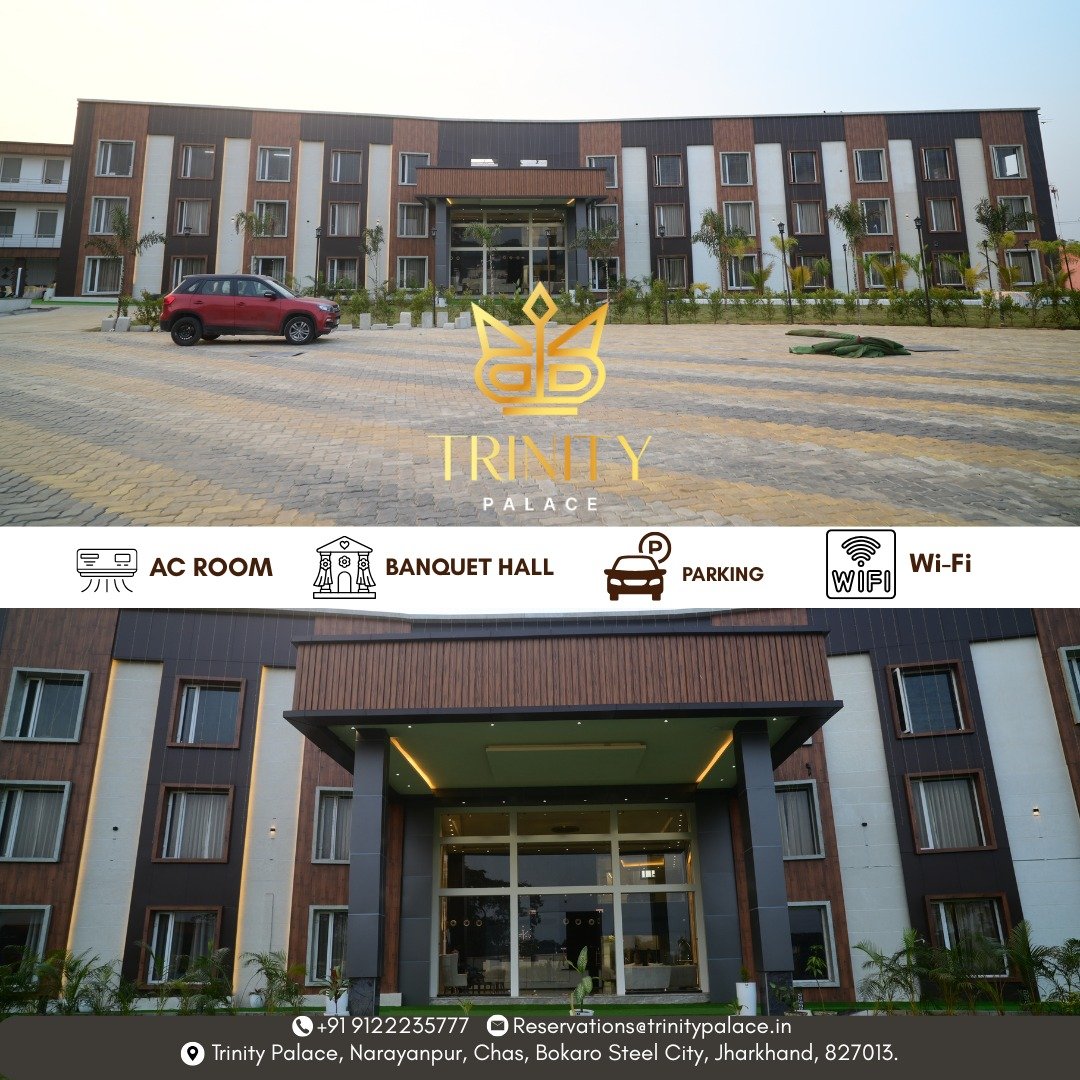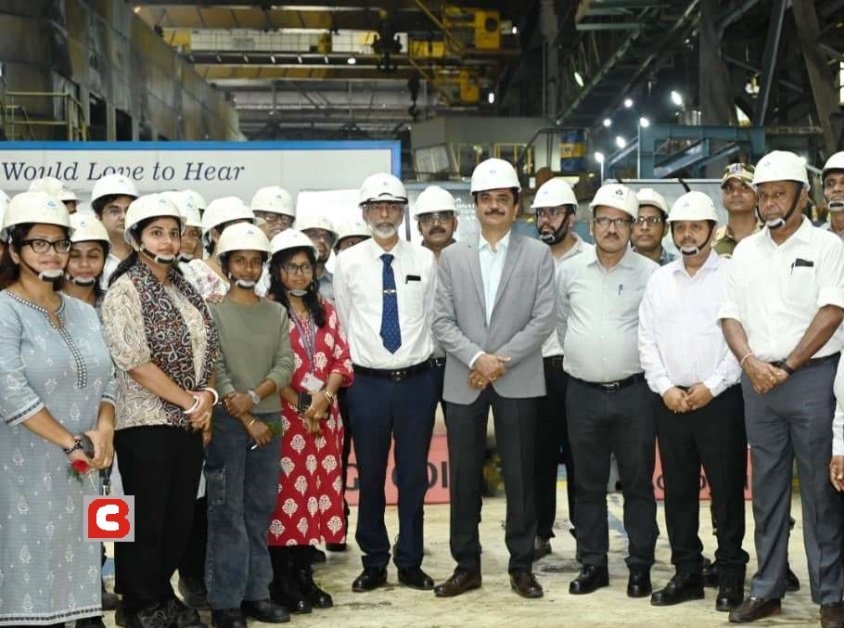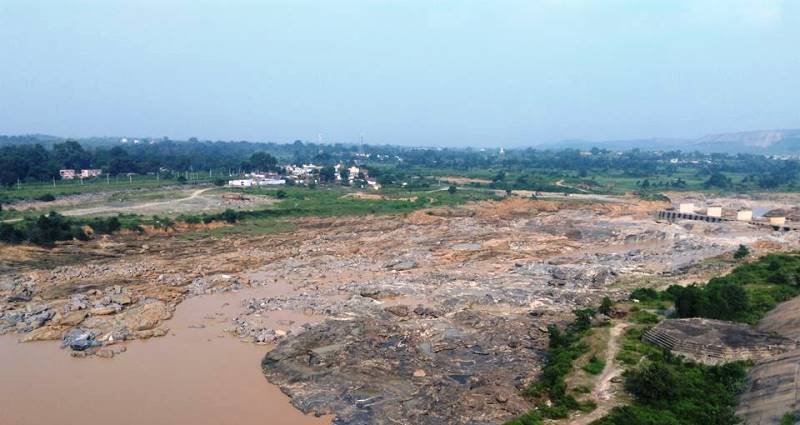Union Steel Secretary Sandeep Poundrik’s visit to Bokaro Steel Plant exposed deep-rooted issues — project delays, safety lapses, and manpower inefficiency. His strong remarks have set a reform agenda for incoming Director-In-Charge Priya Ranjan, who now faces the challenge of boosting execution speed, enforcing safety, and driving efficiency to restore BSL’s market strength and SAIL’s leadership in India’s steel sector.
Union Steel Secretary Sandeep Poundrik’s two-day visit to Bokaro Steel Plant (BSL) has triggered a wave of introspection within the organisation. During his review meeting and interaction with employees, he commended the dedication of the workforce but simultaneously pointed out serious shortcomings in execution, productivity, and safety standards. Poundrik’s statements reflected a mix of appreciation and concern, warning that SAIL-BSL could lose its market position if it fails to reform.

Execution Delays: The Root of BSL’s Struggles
Poundrik expressed dissatisfaction over the persistent project delays at BSL, calling them a major obstacle to growth. Without naming proposed 25,000 Crore Modernisation and Expansion project in BSL, he underlined that a culture of slow decision-making and weak accountability continues to hinder progress. To illustrate, he cited Sinter Plant-2, a project conceived in 2010, awarded in 2015, and supposed to be completed by 2017, yet it remains unfinished even in 2025. In contrast, private players like Jindal and Tata Steel complete 5,000 cubic meter blast furnaces in just three to four years. “In BSL two-year project becomes four years, and a four-year project stretches to eight,” he noted sternly, adding that this mindset must change for BSL to regain its momentum.
Manpower Imbalance and Efficiency Concerns

Highlighting another pressing issue, the Steel Secretary said BSL suffers from overstaffing and low productivity per employee. He drew parallels with Rashtriya Ispat Nigam Limited (RINL), which managed to cut down 8,000 employees (3,000 permanent and 5,000 contractual) within nine months, thereby improving operational capacity to 80% and achieving 5.5 million tonnes of production annually. Poundrik indicated BSL to adopt a similar approach by optimising manpower, increasing output efficiency, and focusing on results rather than effort. “Unless we enhance efficiency and accountability, our market share will slip away,” he cautioned.

Safety Standards Under Scrutiny
Poundrik raised alarm over the rising number of industrial accidents inside the plant. Stressing that “even one casualty is unacceptable,” he emphasised strict adherence to Standard Operating Procedures (SOPs). According to him, nearly 90% of workplace accidents are preventable through compliance of SOP and vigilance. Drawing comparisons again with the private sector, he noted that private companies have better safety records. He directed BSL officials to build a culture of safety consciousness and zero tolerance toward negligence.
Slow Growth Trajectory of SAIL a Broader Concern
On a national scale, Poundrik said that Steel Authority of India Limited (SAIL) has shown only marginal growth over the past decade. From 12 million tonnes in 2012, production has reached just 20 million tonnes today. He emphasised that SAIL must capitalise on its low-cost iron ore reserves and integrated plant structure to accelerate production. “We can easily scale up to 80 or even 100 million tonnes if decision-making and project clearances are streamlined,” he said, signaling a need for strategic reform at the policy level.
Priya Ranjan’s Task Ahead: Reform, Execute, Deliver
As the new Director-In-Charge, Priya Ranjan faces a formidable challenge. The Secretary’s remarks have clearly outlined the priorities for leadership at Bokaro — boosting execution efficiency, optimising manpower, ensuring strict safety compliance, and accelerating decision-making. Poundrik ended his review with a note of optimism, asserting that SAIL’s true strength lies in its people. “There is no shortage of talent here; many top executives in private firms began their careers at SAIL. What we need now is faster reform and stronger commitment,” he concluded.






